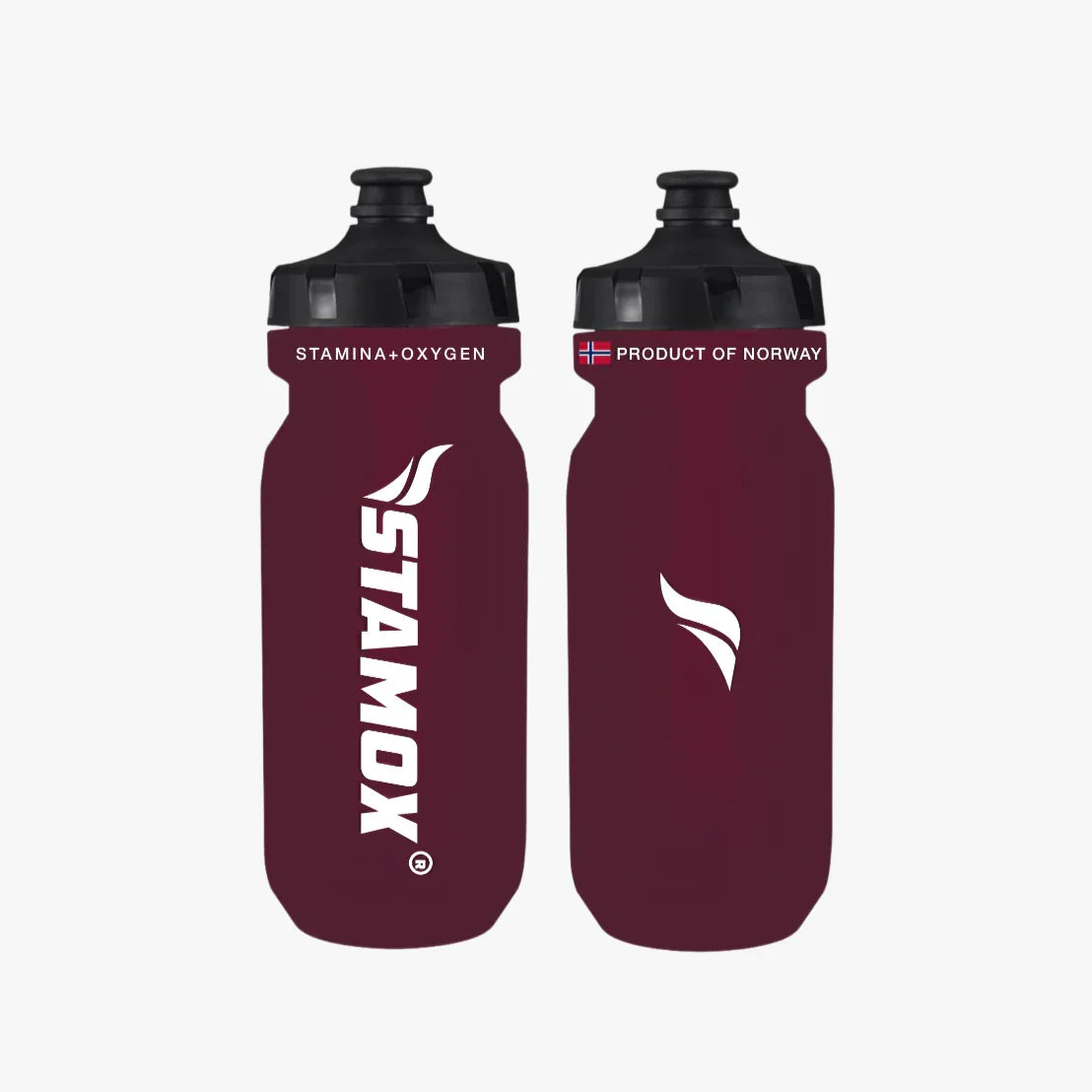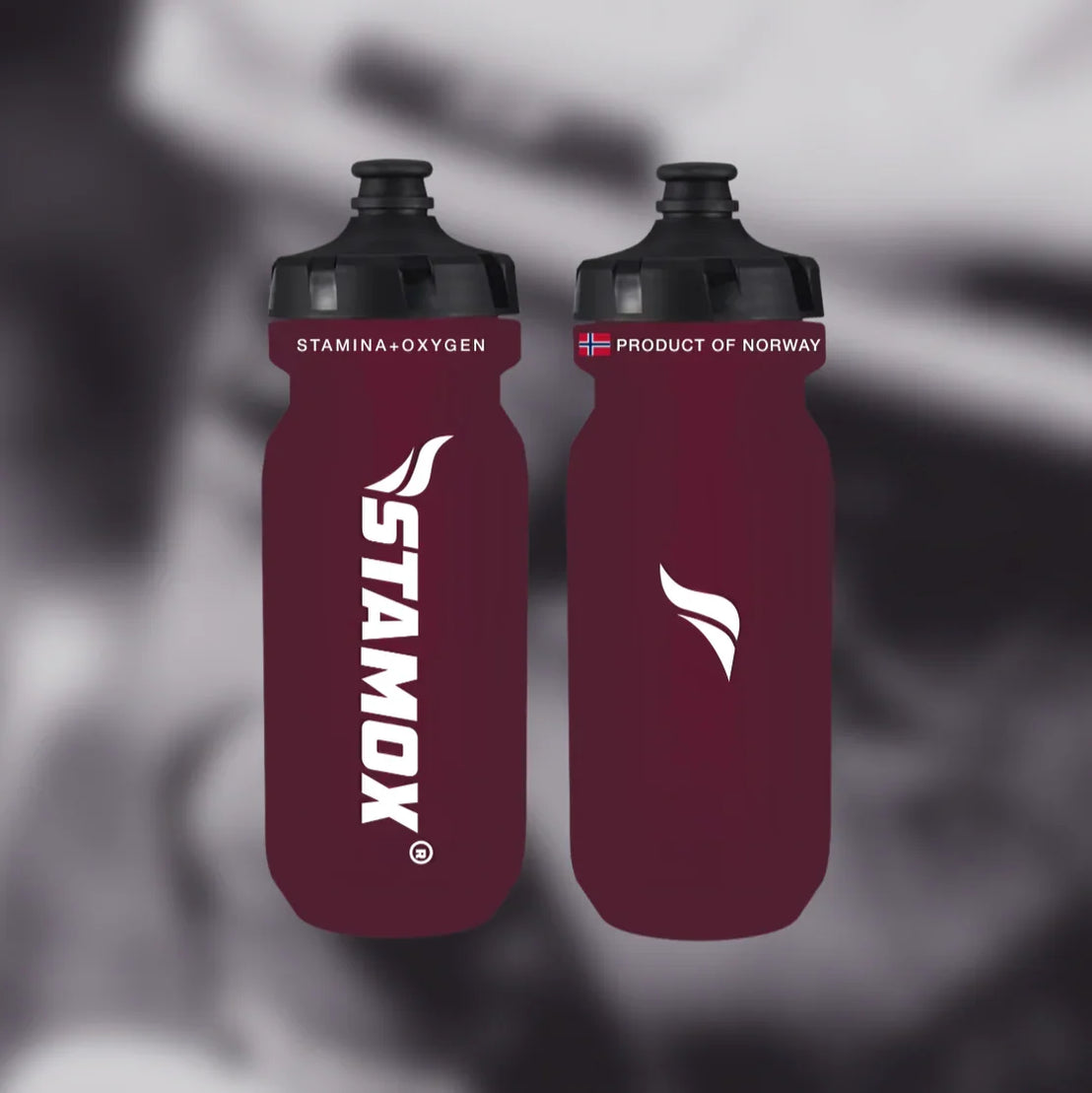
In the relentless pursuit of a competitive edge, athletes often turn to supplements hoping to shave seconds off a time trial or push through a final set. From concentrated fruit extracts to common household items, the sports supplement market is vast. But what actually works? A look behind the curtain reveals the specific, often fascinating, science underpinning two of the most popular (and polar opposite) ergogenic aids: beetroot juice and baking soda.
Beetroot: The Power of the Nitrate Pathway
The crimson boost from a beetroot shot is a trendy choice, especially among endurance athletes. Its secret lies not in vitamins or minerals, but in its exceptionally high concentration of inorganic nitrate (NO3−)$.
The Science in Action:
- Nitrate to Nitrite: When consumed, the nitrate from the beetroot is initially absorbed into the bloodstream and then taken up by the salivary glands. Bacteria on the tongue convert a portion of this nitrate (NO3−) into nitrite (NO2−)$.
- Nitrite to Nitric Oxide (NO): After the nitrite is swallowed and absorbed, the acidic and hypoxic (low-oxygen) conditions often present in working muscles and blood vessels during intense exercise trigger its conversion into Nitric Oxide (NO).
- The Vasodilator Effect: Nitric Oxide is a potent vasodilator, meaning it relaxes and widens blood vessels. This increased blood flow delivers more oxygen and nutrients to the working muscles.
- Improved Efficiency: Crucially, NO is believed to enhance mitochondrial efficiency. This means the muscle requires less oxygen to perform the same amount of work, effectively lowering the "oxygen cost" of exercise.
The Performance Boost: Research suggests that this improved efficiency can delay fatigue and enhance performance, particularly in endurance activities and high-intensity intermittent sports. The timing is key, with benefits often seen when the supplement is taken two to three hours before exercise, or even consumed daily for several days prior to an event.
Baking Soda: Buffering the Burn
While beetroot tackles oxygen efficiency, the common kitchen staple, baking soda, targets one of the most immediate causes of muscle fatigue during high-intensity exercise: acidosis.
Baking soda's active ingredient is sodium bicarbonate (NaHCO3)$, a mildly alkaline salt.
The Science in Action:
- The Acid Problem: During short, intense bursts of effort (like a final sprint or an 800-meter run), the muscles rely heavily on anaerobic (oxygen-independent) metabolism. A byproduct of this process is the rapid production of **hydrogen ions (H+)$$. The accumulation of these ions lowers the muscle's pH, creating an increasingly acidic environment known as metabolic acidosis.
- Impaired Function: This rise in acidity interferes with key metabolic processes, including the signaling necessary for muscle contraction, leading to the familiar "burn" and, ultimately, a drop in power and speed.
- Increased Buffering Capacity: Sodium bicarbonate is an extracellular buffer. When ingested, it raises the concentration of bicarbonate ions in the blood, making the plasma more alkaline. This increased alkalinity enhances the body's natural ability to pull the acidic hydrogen ions out of the muscle cells and into the bloodstream, where they can be neutralized.
- Delayed Fatigue: By rapidly clearing the hydrogen ions, sodium bicarbonate effectively delays the onset of muscle fatigue, allowing the athlete to maintain a high-power output for a longer period.
The Performance Boost: The evidence strongly supports the use of sodium bicarbonate for high-intensity efforts lasting between 30 seconds and 10 minutes, such as middle-distance running, sprinting, and repeated efforts in team sports. The major caveat, however, is the high risk of gastrointestinal distress (bloating, nausea, and diarrhea), which necessitates careful dosing and pre-competition testing.
The Bottom Line
These supplements represent two distinct, scientifically valid approaches to performance enhancement:
| Supplement | Active Compound | Primary Mechanism | Best For | Caveats |
| Beetroot | Inorganic Nitrate | Increases Nitric Oxide (NO) for improved blood flow and oxygen efficiency. | Endurance, prolonged exercise, intermittent high-intensity efforts. | Effectiveness can vary; best taken 2-3 hours pre-exercise. |
| Baking Soda | Sodium Bicarbonate | Buffers hydrogen ions (H+) to counteract metabolic acidosis. | High-intensity exercise lasting 30 seconds to 10 minutes. | High risk of gastrointestinal (GI) side effects. |
While supplements can offer a marginal gain, it is critical to remember that they are not a substitute for a balanced diet, proper training, and recovery. Nevertheless, in a world where a tenth of a second is the difference between gold and obscurity, the scientific evidence behind these popular supplements offers a legitimate performance advantage for the well-informed athlete.













